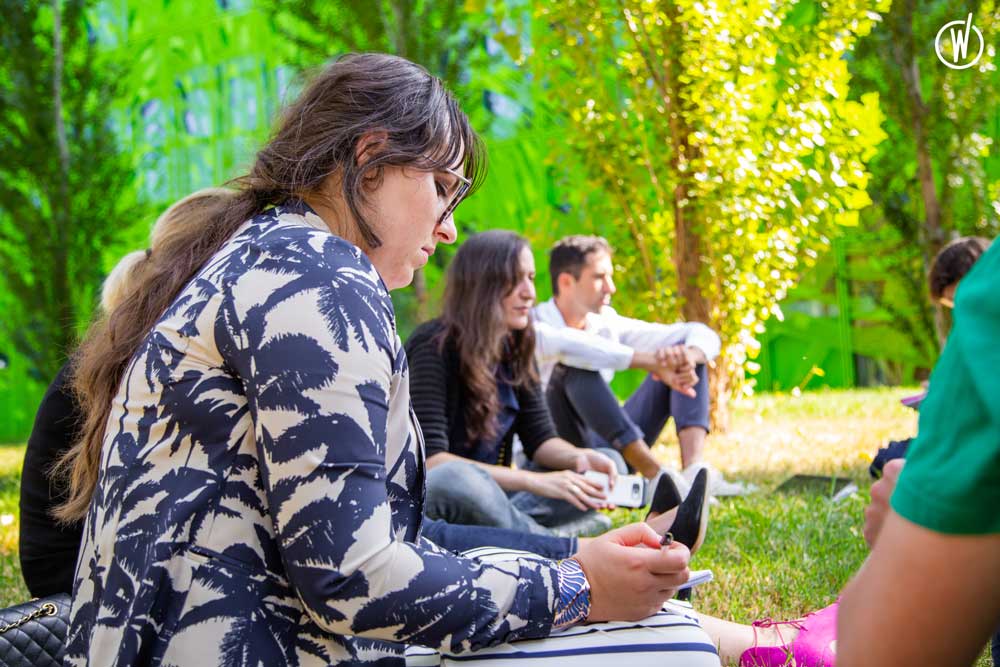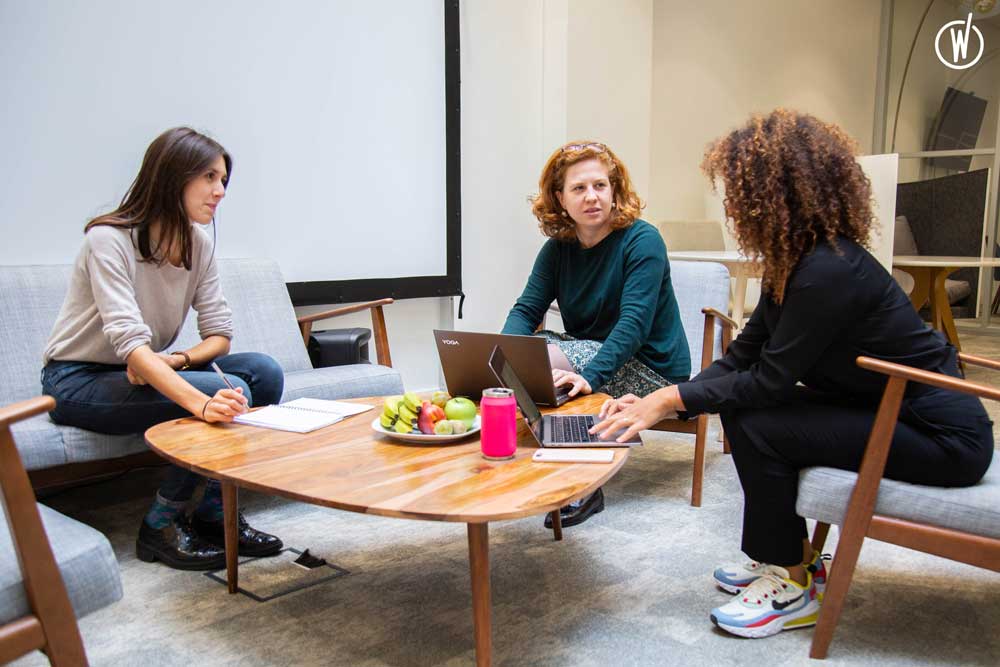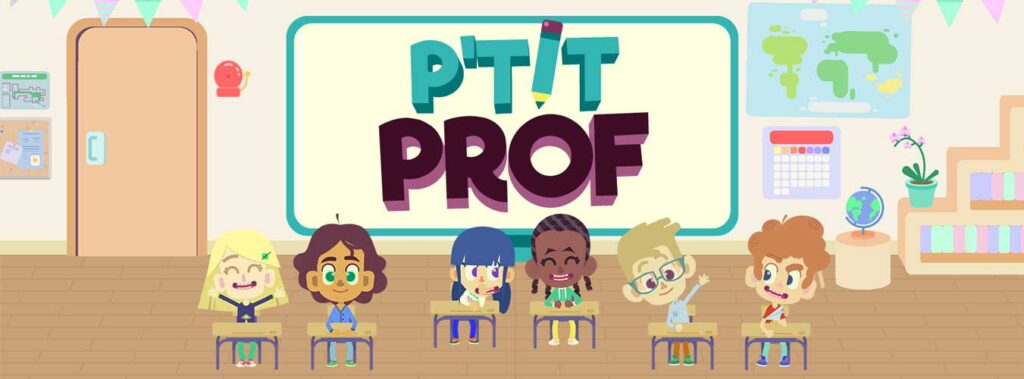The IPCC’s Sixth Assessment Report is and will remain historic. Beyond the new measures attesting to the acceleration of climate disruption and drawing up the most plausible scenarios for the coming decades, it is indeed the impact of human activities on this disruption that is methodically proven. Experts have established the direct impact of human activities on global warming at +1.1°C since the middle of the 19th century.
We are therefore responsible for the cataclysms to come and we are not, for the moment, able to meet this planetary challenge. Speeches and awareness are multiplying, everyone is doing their part, their project and their good will, but in reality, behaviors change only slightly. And yet, we know that we must change, that this change is neither an option, nor a luxury, but quite frankly a survival issue.
So what do we do? Do we continue to debate who is right and who is wrong? Do we continue to wait for our rulers, our leaders, or our shareholders to decide for us that it is finally time to change? Or is it not time to mobilize together to make our behaviors and ways of thinking evolve in a sustainable way?
Because, yes, the ecological crisis is also and above all a major cognitive and behavioral crisis. Despite the facts, analyses, initiatives, and knowledge that are accumulating and alerting us, we are not changing enough. We prefer to maintain our focus on our particular interests and privilege very short-term gains rather than the necessary long-term changes. Our mental health is going off the rails, our education is no longer adapted, our companies and institutions are struggling to engage and motivate, our leaders no longer inspire confidence, our cultural symbols are withering away, and without new common references emerging…
To change one’s habits is in a way to fight and defend oneself, it is to choose to disrupt oneself in the hope that something better will happen
The problem is that it is obviously not that easy; we all want, at certain moments of our lives, to change our habits and yet so few of us really succeed in doing so in a lasting way. Let us be reassured, this is neither the fault of a lack of willpower, nor an excess of laziness, it is the result of the power of automatisms anchored in our mental patterns. Our habits are in fact a set of automatisms acquired through experience and anchored in our brains and bodies. These automatisms are essential to our survival, and it is thanks to them that we can act quickly, especially in the face of danger. It is also thanks to automatisms that we manage to understand each other and to do things together without always reinventing everything. Whether they are good or bad, our habits are useful and even vital to us! To change one’s habits is to fight and defend oneself, to choose to disturb oneself in the hope that something better will happen, that a positive evolution will take place.
This is the difficulty of the challenge we have to face: to fight against ourselves and to pulverize our beliefs while having confidence in our ability to adapt and evolve. We are both the source of risks and solutions, and the challenge is to make the Human Factor a positive factor for itself and for what surrounds it. Because, yes, the Human Factor is the solution to the problems it has contributed to create, only it can grasp the transition issues we have to face, only it can learn new ways of behaving and interacting with its environment; i.e., new cognitions.
The challenge is huge but not out of reach. Cognitive sciences are booming, and this interdisciplinary field – which is gradually unlocking the mysteries of consciousness, motivation, memory, and behavior – is gaining the attention of the general public and policy makers. The opportunities offered by this new knowledge and understanding of the Human Factor are infinite; as much for our health, our education, our modes of consumption, and collaboration as for our ways of considering and interacting with the non-human world.
Cognitive design must bring out solutions by and for Humans and anchor them durably at the heart of the environments in which we evolve
This is the mission of cognitive design: to combine cognitive sciences with digital technologies, data science, and design in order to activate the evolution of behaviors and cognitions. The aim is to bring out solutions by and for humans and to anchor them permanently in the heart of the environments in which we live.
From now on, it is up to us, Humans, to ensure that the impact of the positive evolution of our behaviors and our cognitions is at least equal to the magnitude of the historical and planetary crisis we have fully entered. This collective challenge confronts us with our condition as human beings and calls upon our best capacities of care, cooperation, imagination, creation, and education.
The human factor must now be at the center of our vision of the future and we therefore call on all private, public and associative actors, scientists, practitioners, decision-makers, designers, artists, journalists, collaborators, and citizens to come together in open and interdisciplinary spaces in order to act sustainably on it. We will never be too numerous for action, we will never be too attentive to evolve together.















